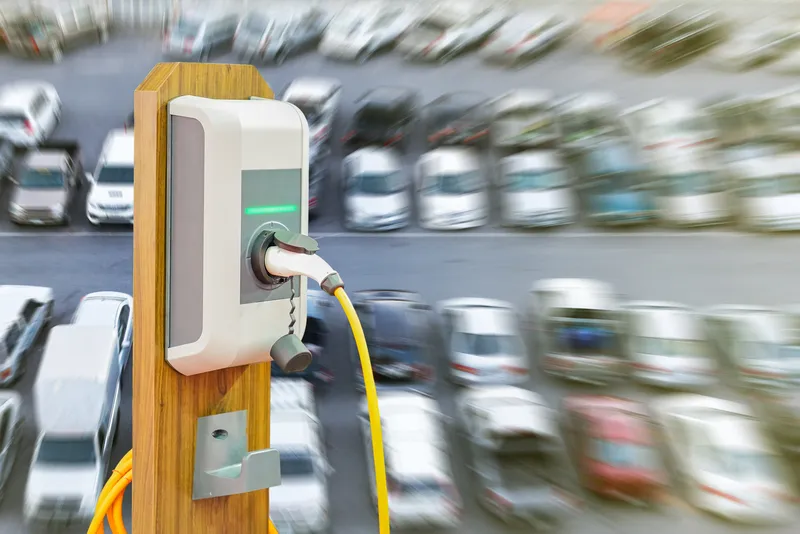Germany has announced plans to motivate German citizens to buy electric and hybrid vehicles, say news reports, with a plan that the transport ministry hopes will boost sluggish electric-vehicle sales. The plan is expected to cost US$1.35 billion (€1.2 billion), with the government and automakers sharing the cost.
Car buyers will receive a US$4,530 (€4,000) discount on electric vehicles and a US$3,398 ($3,000) discount on hybrids.
The proposal also includes the installation of more charging stations
The German government has already said it aims to have a million electric and hybrid vehicles on its roads by 2020, but currently only 50,000 electric vehicles have been sold.
Commenting on the plan,
Bethi continued, “Thus far, the growth of EV’s in Germany has rather been promising without the incentives due the general awareness of the consumers towards environmental concerns, enhanced by the recent Volkswagen diesel gate scandal. The introduction of such incentive will positively impact on the growth of EV market share in Germany as the local automakers such as Mercedes, BMW and Volkswagen are keen on powertrain electrification and are each looking forth the launch of two to three electrified models next year.
“Apart from the incentives, which will make Germany the next big market for EVs in Europe, the next step would be to consider introducing the conversion incentive such as the one in France. France is offering up to 10,000 Euros to switch from diesel cars as old as 14 years to electric cars. If the prime goal is towards emission control and increased adoption of clean technologies, the introduction of such incentives will boost the sales of plug-in electric vehicles and EVs. In terms of sustainability, Germany and France need to catch up to Norway.
“Not only was the Norwegian incentive comparatively higher but also 95% of their electricity is obtained from renewable resources. They have also boosted the sales of EVs by improving their infrastructure by increasing the density of charging stations. As of 2015 Norway’s EV market share was 30 percent with the four top selling models happen to be PEV’s (Outlander PHEV, Nissan Leaf, VW e-Golf, VW Golf GTE). Though hitting the 1 million mark by 2020 could be a challenge, we can expect a significant growth in the market share of EVs in Germany.”
Germany’ plans subsidies to encourage EV use ‘an interesting move’
Germany has announced plans to motivate German citizens to buy electric and hybrid vehicles, say news reports, with a plan that the transport ministry hopes will boost sluggish electric-vehicle sales. The plan is expected to cost US$1.35 billion (€1.2 billion), with the government and automakers sharing the cost. Car buyers will receive a US$4,530 (€4,000) discount on electric vehicles and a US$3,398 ($3,000) discount on hybrids. The proposal also includes the installation of more charging stations
April 29, 2016
Read time: 3 mins









